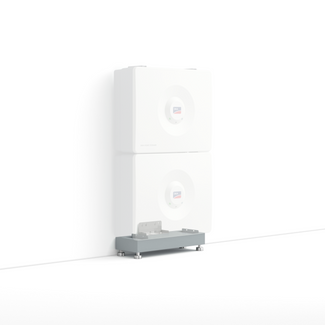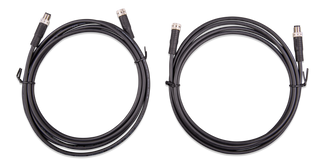-
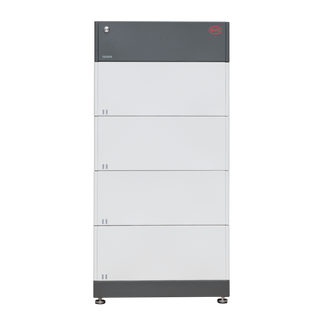
BYD Battery-Box Premium HVS/HVM
The BYD Battery-Box Premium HVS and HVM are modular high voltage lithium iron phosphate (LFP) battery packs for use with an external inverter.
-
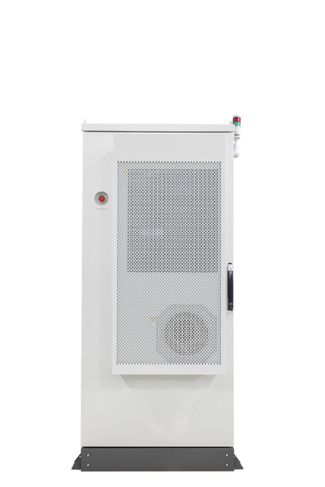
BYD Battery-Max Lite
The BYD Battery-Max Lite offers exceptional safety and performance. Scaleable from 30kWh to 90kWh per cabinet and up to 32 cabinets (refer to BYD Battery-Max Lite compatibility list to check inverter compatibility).
-
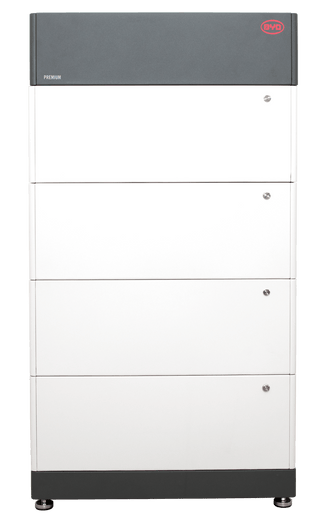
BYD Battery Box Premium LVS
The BYD Battery-Box Premium LVS is a modular 48V lithium iron phosphate (LFP) battery pack for use with an external inverter.
-
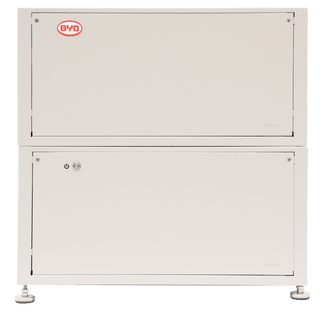
BYD Battery-Box Premium LVL
The BYD Battery-Box Premium LVL is a high capacity 48V lithium iron phosphate (LFP) battery for use with an external inverter.
-
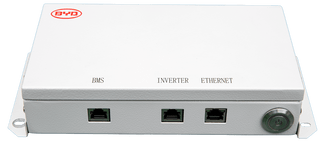
BYD Battery-Box Premium LVL/LVS BMU
BMU (battery management unit) for use with BYD Battery-Box Premium LVL and LVS battery systems.
-
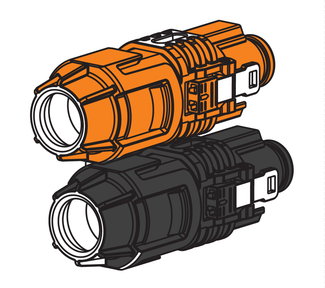
BYD Battery-Box Premium LVS Connectors
DC battery connectors for the BYD Battery-Box Premium LVS. 1 pair required per stack for connection to the LVS PDU (power distribution unit).
-
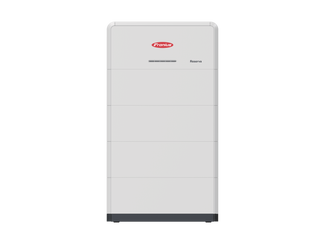
Fronius Reserva
The Fronius Reserva is an efficient DC-coupled high-voltage battery for storing solar energy with minimal losses. It can be flexibly expanded with two to five modules and is perfectly matched to Fronius hybrid inverters - for maximum performance. European data security and fast service ensure maximum reliability.
-
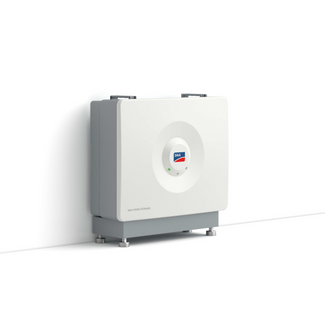
SMA Home Storage Battery
The SMA Home Storage Solution allows homeowners to unlock the full potential of sustainable energy. Integrating the SMA Home Storage battery makes the modular solution complete: everything from a single source. It perfectly complements SMA‘s hybrid inverters enabling energy solutions of today and tomorrow.
-
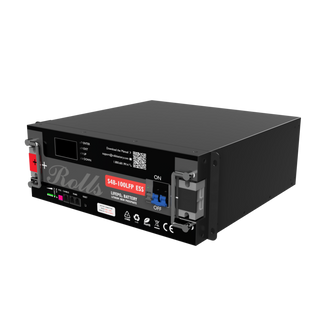
Rolls S-Series LFP ESS
Rolls 48V 100Ah S-Series Lithium-Iron-Phosphate (LiFePO4) Energy Storage System (ESS) models offers a fully integrated and scalable energy storage solution with built-in LCD screen & controls, secondary protections in a rack-mount design.
-
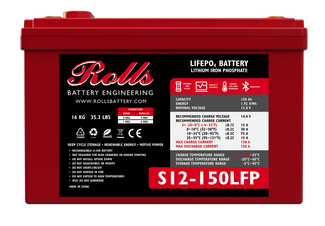
Rolls S-Series LFP
Rolls high performance S-Series Lithium-Iron-Phosphate (LiFePO4) batteries provide a compatible drop-in sealed lead-acid replacement with fast charging/discharging capability, compact case design and are up to 50% lighter than equivalent lead-acid battery models.
-
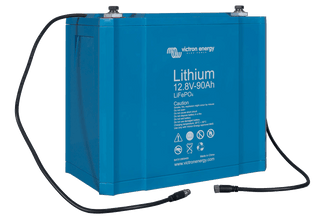
Victron Lithium Battery 12.8V and 25.6V Smart
Victron lithium-iron-phosphate (LiFePO4 or LFP) batteries offer a high level of safety and excellent performance at a reasonable price.
-
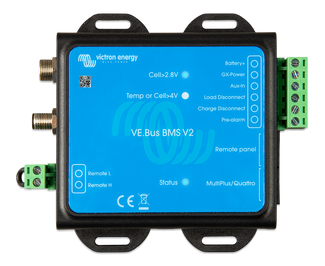
Victron VE.Bus BMS V2
The VE.Bus BMS V2 is a Battery Management System (BMS) designed to interface with and protect a single, or multiple Victron Lithium Battery Smart 12,8V & 25,6V (LiFePO4 or LFP) in systems that have Victron inverters or inverter/chargers with VE.Bus communication. It monitors and protects the batteries against over voltage and under voltage of any individual cell, and also over temperature or under temperature conditions.
-
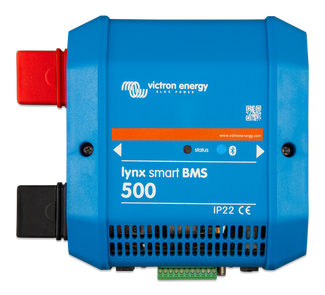
Victron Lynx Smart BMS
The Lynx Smart BMS is a dedicated Battery Management System for Victron Lithium Smart Batteries. There are multiple BMS-es available for our Smart Lithium series of batteries, and the Lynx Smart is the most feature rich and complete option. It is available in two versions: 500A (with M8 busbar connections) and 1000A (with M10 busbar connections).
-

Victron smallBMS
The smallBMS is a simple and inexpensive alternative to the VE.Bus BMS, but does not have a VE.Bus interface
and is therefore not suitable for use with VE.Bus MultiPlus and Quattro inverter/chargers.
*see manufacturer's documentation for further information













